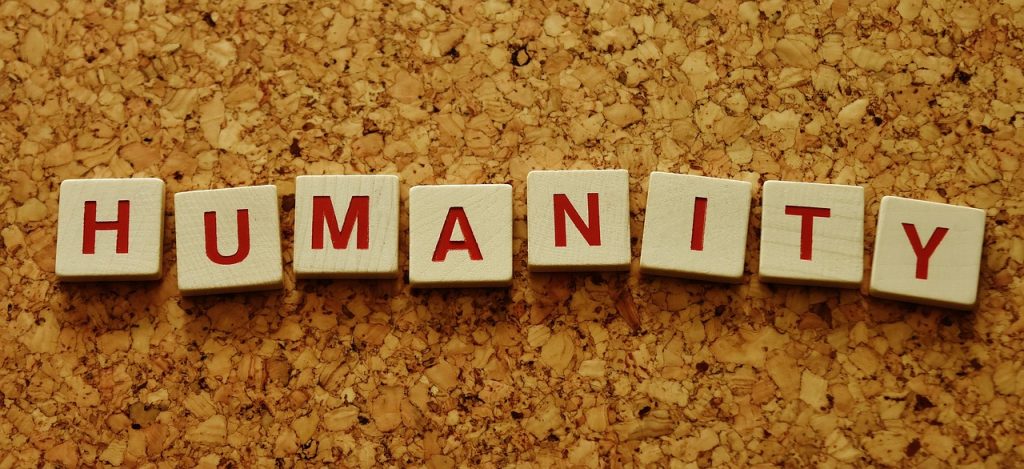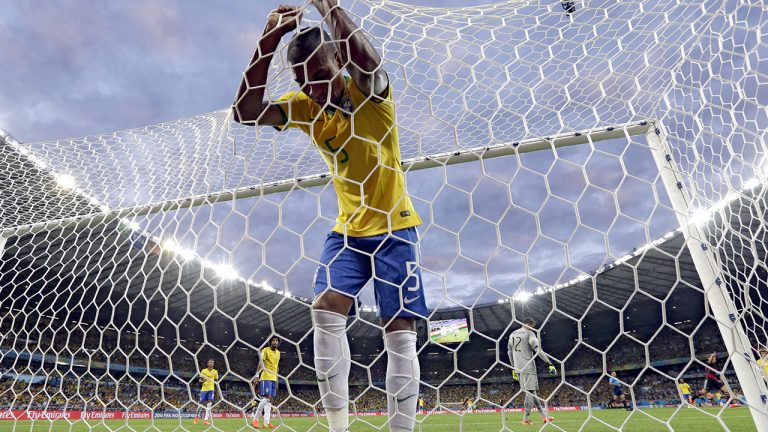Would You Save a Life?
The only thing necessary for the triumph of evil is for good men to do nothing. – Edmund Burke
Here is a classic thought experiment: Imagine you’re wearing some new $50 shoes when you spot a young boy floundering in a shallow pond. Knowing he will drown if you don’t do something, will you ruin your new shoes to save him?

But if that’s the case, how come you don’t donate that same $50 to save a child’s life in a developing country? That exact same money would be equally effective in saving a life, so why don’t you donate?
Psychologists have outlined a number of reasons why we are less willing to aid in these situations (e.g., because of the psychological “distance” between you and the child); however just because you’re less likely to donate the $50 overseas, you’re still certain you’d help someone struggling when they’re right in front of you, yes?
Yes?
…yes?
Actually, the research shows you’re less likely to help than you believe.
THE STUDY
In one of social psychology’s most famous (yet unknown) studies, researchers put participants into individual rooms, gave them a phone to speak to other participants in other rooms, and then told them they’d be doing a “group discussion about college life.”

In reality, there was only one real participant, while the others were all prerecorded tapes.
The experiment then began with each of the participants sharing a little about themselves, during which, one of the (fake) participants shares that he is prone to seizures.
And then, halfway through the experiment, that student is heard having a seizure.
If you read the transcript of the study, right away, the seizing student begins with a request for help, his words violently stuttering the whole time. Quickly, though, his pleas escalate, and by the end, he’s choking out that he’ll die if he doesn’t receive help.
So what would you do? Get up and help him or just sit there passively?
THE RESULTS
Well, if it’s just you and the seizing student, you take nearly a full minute of him stammering for help before you decide to get up. However, 85% of the time you do in fact leave your room to assist him.
In a group of six, though? Now, it takes nearly 3 minutes of entreaty before you rise, and even then, only 30% of participants actually got up to help.

Researchers attribute the lack of helping to the “diffusion of responsibility.” That is, when there are others around you, you feel less expected to personally do something. In this study, when there are four other participants who could also help, the actual participant doesn’t feel as responsible to act—and thus subsequently doesn’t.
So, the next time you’re in a situation where you could help someone but aren’t sure if others will do it, step up to the charge! Even if it means ruining your new Nike’s.
Pro-socially,
jdt
Everyday Psychology: Help doesn’t only come in the form of physical aid. Millions of people suffer from mental illness around the world, and they need your help. So if you know a family member, friend, or even acquaintance who’s struggling, just one phone call can make a difference. Don’t just post status updates that “you’re here for your friends;” actively reach out to those who may be in need. And if you, dear reader, are ever struggling yourself, I want you to send me a message. I promise I’ll do whatever I can to help.
Darley, J. M., & Latane, B. (1968). Bystander intervention in emergencies: diffusion of responsibility. Journal of personality and social psychology,8(4p1), 377.









Jake – are you familiar with any studies that follow up and look at why the 30% helped and the 70% didn’t?
It seems like afterward, it is easiest to break it down into numbers and say that people help 30% of the time. In reality, 30% of people will act to help, and 70% of people will not act to help. I’d be very interested to hear some theories (and see some evidence) about why some people help and some people don’t.
Hey Bruce! Sorry for the delayed reply, school work pounced on me these last couple days. First, doing a quick search, this original paper has been referenced by other articles close to 3,000 times, so there has been quite a bit of discussion about it. However, for all the applications and references to these findings, in regards to your specific question, here are some of the best theories for the helping (or lack thereof) behavior:
1) The 30% felt personally responsible for the seizing student’s life. When we’re in a group, sometimes we think, “Someone else will take care of it,” whereas other times we simply think, “I need to help that guy.” For those who actually got up, they (for a multitude of possible reasons) felt personally accountable for the seizing student’s wellbeing. When we believe we’ll be held accountable for something, we’re much more likely to act.
2) The 30% felt more comfortable breaking “norms.” That is, the participants had been told to sit in the room and complete the experiment. For many of them (i.e., the 70%), they were simply following the social norms of being a good participant and continuing on with the experiment/waiting for the researcher to tell them what to do next. For those 30%, though, (and again, for a multitude of possible reasons) they didn’t feel as compelled to follow the rules and opted to disrupt the experiment to help the other student.
Again, there are a number of possible reasons out there for why this and other “bystander effects” like this happen, but these are two primary explanations behind the effect. I hope this was helpful! 🙂
Very interesting, thank you for your reply!
These classic experiments are always amazing to me. Simple yet powerful findings that we certainly need to remember.
Thanks Jake!
Aw, Mark, thank you! I agree–such a simple yet powerful finding. Although there are clear advantages to the way we run studies today, I do believe there’s something we miss out on by not running studies like these. Thanks for reading!